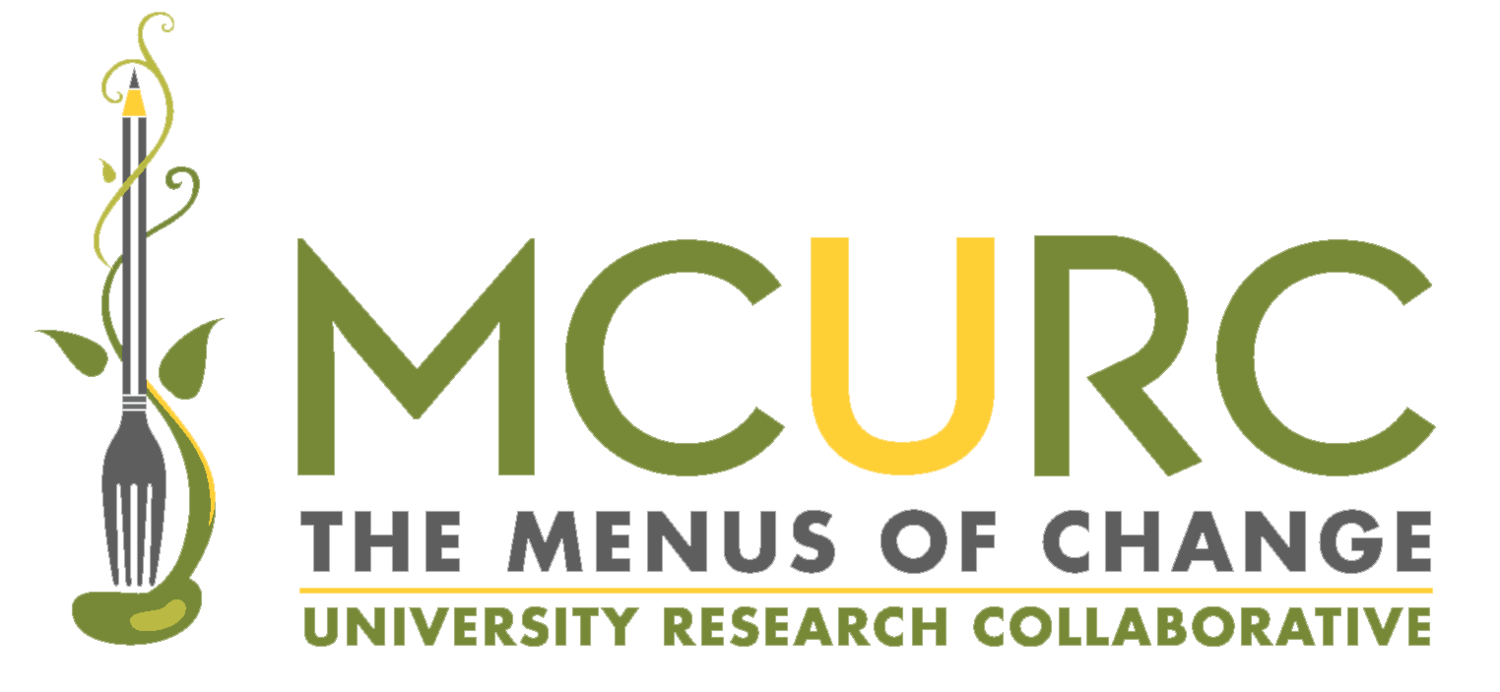
Lebanon Valley College (E.A.T. Reasearch Group)
The E.A.T. Research Group
Is it possible to transform the college dining hall into a shared research laboratory for learning, experimentation, and the exchange of ideas? This question allowed Dr. Robert Valgenti, a professor of philosophy at Lebanon Valley College, Bill Allman, then General Manger of Metz Culinary at LVC, and John Hopewell, Metz’s head chef, to turn their occasional collaborations into an academic program that aims to transform the dining culture at their small, liberal arts college. The E.A.T. (Engage, Analyze, Transform) Research Group is an undergraduate program designed to help students develop year-long research projects in collaboration with the college’s dining service provider. During the summer of 2013, through the aid of a college-wide innovation grant, the program’s first four students met with Dr. Valgenti, the Metz staff, and several guest advisors to develop a mission statement and an academic plan. Those first four students created a food waste reduction program (still in effect today), surveyed student attitudes about the dining hall’s sustainability efforts, started a featured food of the week program, and highlighted student-inspired menu items from their various cultural backgrounds. Five years and twenty-five projects later, the dining hall at LVC has become central to the vision of the college’s strategic plan and the goals of the MCURC.
SNAPSHOT
Project Coordinator: Dr. Robert Valgenti, Professor of Philosophy (valgenti@lvc.edu)
Participants: Dining Services, Faculty, Undergraduate Students
Dining Service Provider: Outside Contractor (Metz Culinary Management)
Timeframe: Ongoing, year-long projects within student/instructor course load that are supported and promoted by the dining service team
Funding: Dining Service Operations, Internal Grant
MOC PRINCIPLES ENGAGED
1. Be Transparent about Sourcing and Preparation
4. Leverage Globally Inspired, Plant-Forward Culinary Strategies
5. Focus on Whole, Minimally Processed Foods
6. Grow Everyday Options, while Honoring Special Occasion Traditions
7. Promote Health and Sustainability through Inspiring Menus
9. Celebrate Cultural Diversity and Discovery
12. Make Whole, Intact Grains the New Normal
20. Serve Less Red Meat, Less Often
STRATEGIES FOR COLLABORATION
Projects are designed and implemented as a year-long, six-credit course sequence within the college’s general education program.
Project ideas are solicited from dining services (what are their needs, interests, etc.) and also from faculty and students who have interests that arise from curricula, class projects, service groups on campus, etc.
The undergraduate research group meets with the managers and head chef of Metz Culinary management on a bi-weekly basis to discuss project ideas, logistics for projects, and ultimate implementation.


